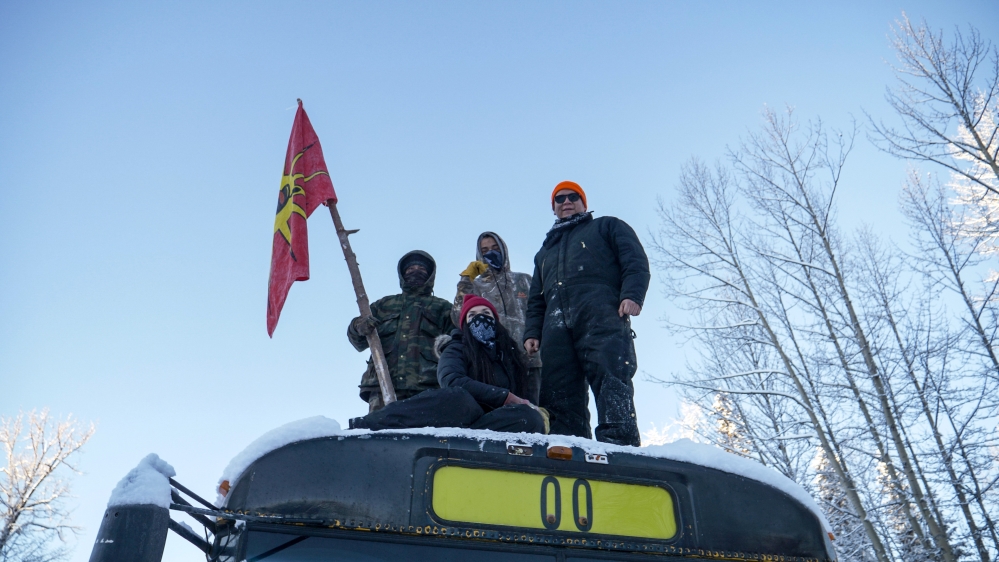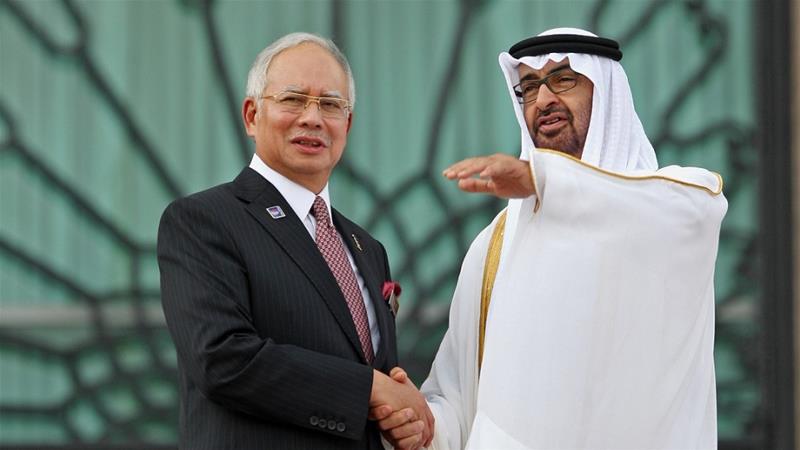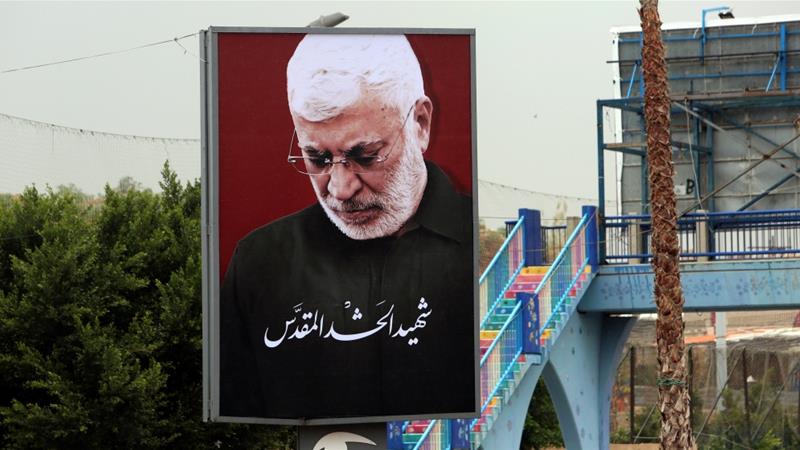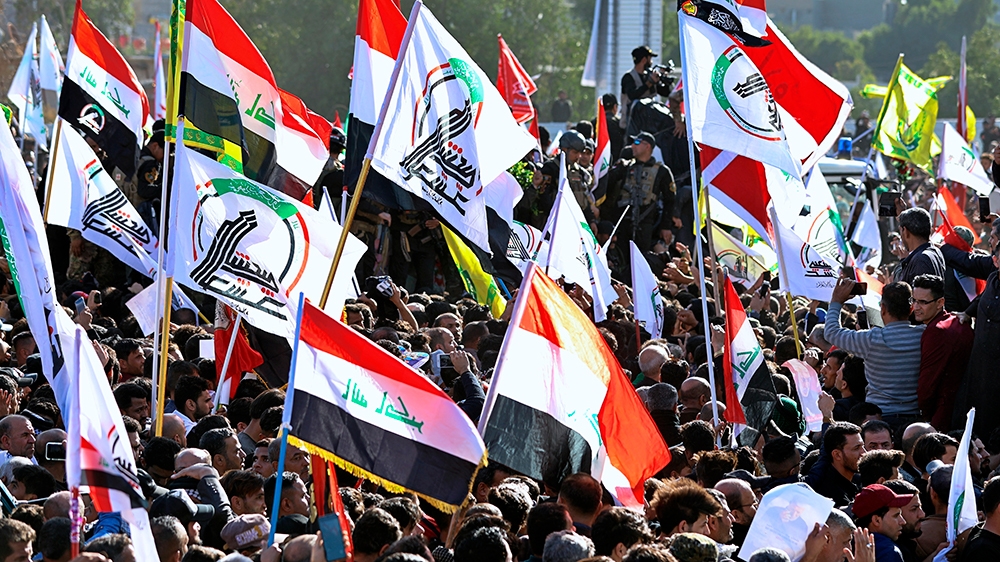Leni Robredo said only 1 percent of the estimated supply of methamphetamine has been seized in the last three years.
6 Jan 2020
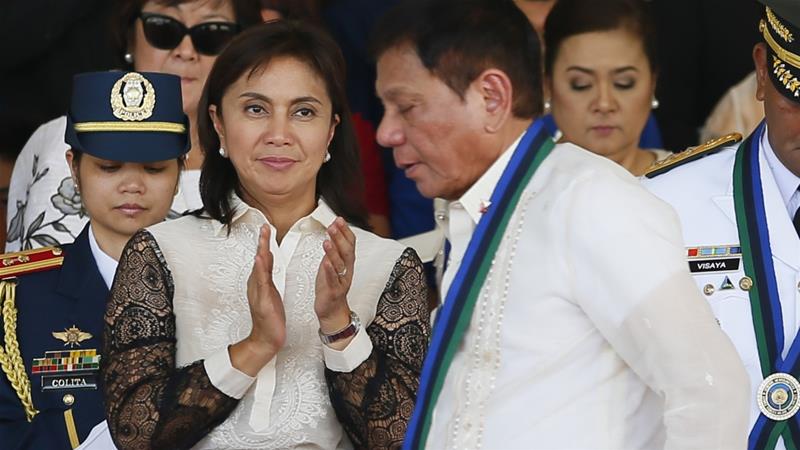
Presidents and vice presidents are elected separately in
the Philippines, resulting in candidates from rival parties
like Duterte and Robredo in the country's top leadership
[File: Bullit Marquez/AP Photo]
Vice President Leni Robredo, who leads the opposition, also called for a stop to the police practice of home inspections that have led to the killings of petty drug suspects.
More:
Presidents and vice presidents are elected separately in the Philippines, resulting in candidates from rival parties like Duterte and Robredo ending up in the country's top leadership and often disagreeing on policies.
Robredo said only about 1 percent of the estimated supply of methamphetamine, a powerful banned stimulant known locally as "shabu", has been seized in the last three years.
Duterte launched the crackdown - his signature policy - when he took office in mid-2016.
"Very clearly, based on official data, despite the killings of Filipinos and all the money spent, the amount of shabu and drug money we've seized has not gone beyond 1 percent of those in circulation," Robredo said at a news conference.
"If we really want to end the scourge of illegal drugs, we need to run after the big suppliers and not just the small-time pushers," she added, saying that the campaign would not succeed unless it was reformed to be more strategic, better organised and closely supervised in all aspects by the president.
Mounting death toll
In December, the Philippine National Police and the Philippine Drug Enforcement Agency (PDEA) announced that an estimated 5,552 people had been killed during government operations between July 1, 2016, and November 30, 2019.
But authorities had already released data in June 2019 saying that the death toll was 6,600 as of May 2019, raising questions about the government's handling of the data.
Human rights advocates argue the number of deaths reached at least 27,000 as of June 2019.
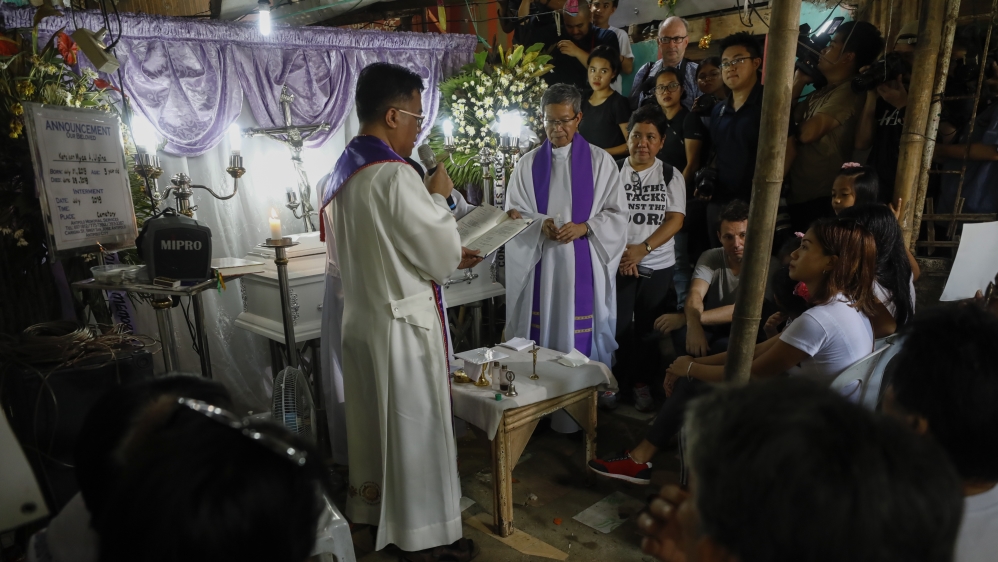
A mass is held during the wake of three-year-old Myca
MORE ON HUMAN RIGHTSWhat's going on in Kashmir? | Start HereRefugee diaries: 10 years in immigration detention in AustraliaA year after RCMP's violent raid, Wet'suwet'en people fear repeatRights groups call for federal inquiry into Mississippi prisonsPhilippine President Rodrigo Duterte's campaign against illegal drugs has failed to substantially eradicate the menace and ensnare important drug lords, and should be reformed to prevent further bloodshed, the country's vice president said late on Monday.
Vice President Leni Robredo, who leads the opposition, also called for a stop to the police practice of home inspections that have led to the killings of petty drug suspects.
More:
'Free to kill': Duterte to newly appointed senior police officerThe vice president has been a longtime critic of Duterte's drug crackdown and her latest comments are likely to deepen the political divide between the two leaders.
UN approves resolution to probe Duterte's 'war on drugs'
Philippines authorities 'getting away with murder' in drug war
Presidents and vice presidents are elected separately in the Philippines, resulting in candidates from rival parties like Duterte and Robredo ending up in the country's top leadership and often disagreeing on policies.
Robredo said only about 1 percent of the estimated supply of methamphetamine, a powerful banned stimulant known locally as "shabu", has been seized in the last three years.
Duterte launched the crackdown - his signature policy - when he took office in mid-2016.
VIDEOINSIDE STORY - Can Rodrigo Duterte win the war on illegal drugs? (25:11)
"Very clearly, based on official data, despite the killings of Filipinos and all the money spent, the amount of shabu and drug money we've seized has not gone beyond 1 percent of those in circulation," Robredo said at a news conference.
"If we really want to end the scourge of illegal drugs, we need to run after the big suppliers and not just the small-time pushers," she added, saying that the campaign would not succeed unless it was reformed to be more strategic, better organised and closely supervised in all aspects by the president.
Mounting death toll
In December, the Philippine National Police and the Philippine Drug Enforcement Agency (PDEA) announced that an estimated 5,552 people had been killed during government operations between July 1, 2016, and November 30, 2019.
But authorities had already released data in June 2019 saying that the death toll was 6,600 as of May 2019, raising questions about the government's handling of the data.
Human rights advocates argue the number of deaths reached at least 27,000 as of June 2019.

A mass is held during the wake of three-year-old Myca
Ulpina, who died in crossfire between police and illegal
drugs suspects in June 2019 in Rizal province just outside
of Manila [File: Rolex dela Pena/EPA]
The Philippine vice president's latest remarks were largely based on information gathered during a brief stint in a government anti-drugs committee, which Duterte asked her to help lead last year after her constant criticisms of his bloody crackdown.
Robredo surprised many by accepting the offer, but Duterte fired her after 18 days after she started seeking confidential information about the campaign.
Presidential spokesman Salvador Panelo dismissed Robredo's statements, saying Duterte's campaign had succeeded in closing many drug laboratories and forcing the surrender of a large number of drug suspects.
Big-time drug lords have also been neutralised, Panelo said, although he failed to immediately provide a list of names.
"If you noticed, when she was threatening to release this report, she implied that there were some irregularities discovered, a bomb that would explode on your face. It's a dud," Panelo told reporters.
She said she accepted Duterte's offer to help oversee the crackdown despite warnings by her advisers and allies so that she could help save lives.
One of her first moves was to request confidential documents from law enforcers, including a list of key drug suspects singled out under Duterte's campaign.
Duterte warned Robredo about sharing confidential information about the anti-drug campaign with his foreign critics, including human rights advocates.
At least two complaints about mass murder have been filed before the International Criminal Court over the deaths, but Duterte and the police have denied condoning extrajudicial killings under the crackdown.
Duterte has warned that his bloody campaign will continue up to the last day of his presidency in June 2022.
SOURCE: AL JAZEERA AND NEWS AGENCIES
The Philippine vice president's latest remarks were largely based on information gathered during a brief stint in a government anti-drugs committee, which Duterte asked her to help lead last year after her constant criticisms of his bloody crackdown.
Robredo surprised many by accepting the offer, but Duterte fired her after 18 days after she started seeking confidential information about the campaign.
Presidential spokesman Salvador Panelo dismissed Robredo's statements, saying Duterte's campaign had succeeded in closing many drug laboratories and forcing the surrender of a large number of drug suspects.
Big-time drug lords have also been neutralised, Panelo said, although he failed to immediately provide a list of names.
"If you noticed, when she was threatening to release this report, she implied that there were some irregularities discovered, a bomb that would explode on your face. It's a dud," Panelo told reporters.
VIDEOINSIDE STORY: Has Rodrigo Duterte delivered on his promises? (24:46)Robredo, a 54-year-old former human rights lawyer and political newcomer, has openly criticised the campaign against illegal drugs launched by Duterte, a longtime city mayor and state prosecutor known for his extra-tough approach on crime and brash speaking style.
She said she accepted Duterte's offer to help oversee the crackdown despite warnings by her advisers and allies so that she could help save lives.
One of her first moves was to request confidential documents from law enforcers, including a list of key drug suspects singled out under Duterte's campaign.
Duterte warned Robredo about sharing confidential information about the anti-drug campaign with his foreign critics, including human rights advocates.
At least two complaints about mass murder have been filed before the International Criminal Court over the deaths, but Duterte and the police have denied condoning extrajudicial killings under the crackdown.
Duterte has warned that his bloody campaign will continue up to the last day of his presidency in June 2022.
SOURCE: AL JAZEERA AND NEWS AGENCIES
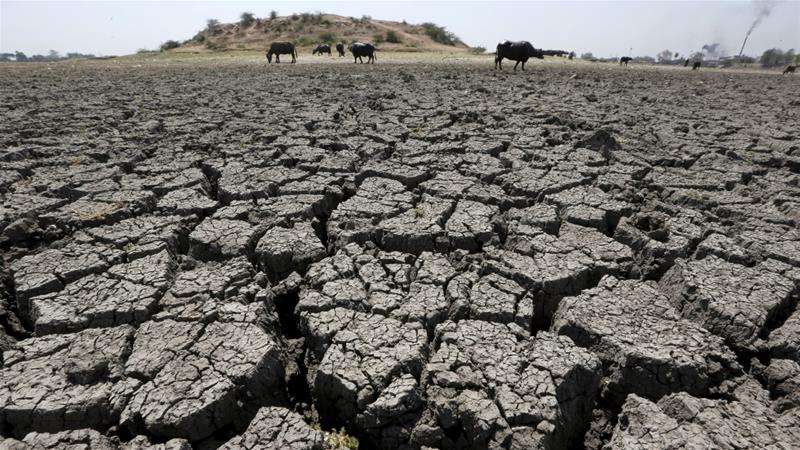




 Deepika Padukone looks on as she attends the trailer launch of her upcoming Hindi film Chhapaak in Mumbai [File: Sujit Jaiswal/AFP]
Deepika Padukone looks on as she attends the trailer launch of her upcoming Hindi film Chhapaak in Mumbai [File: Sujit Jaiswal/AFP]


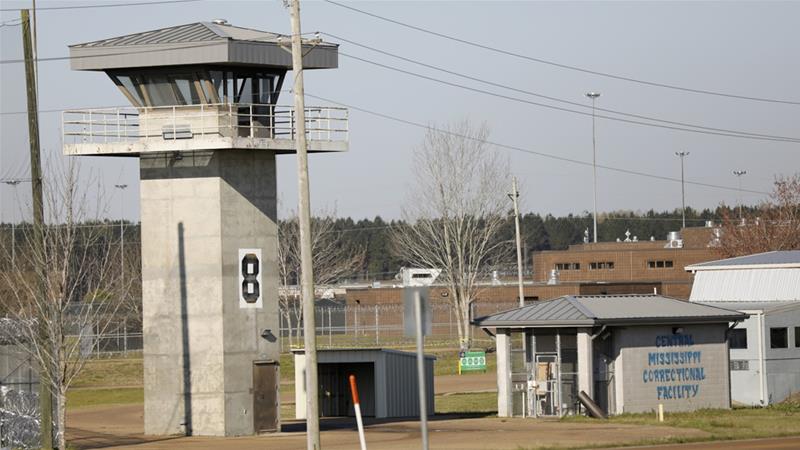 Prisoner advocates are calling for a federal investigation into the Mississippi state prison system, following the most recent spate of violence. [File: Rogelio V Solis/The Associated Press]
Prisoner advocates are calling for a federal investigation into the Mississippi state prison system, following the most recent spate of violence. [File: Rogelio V Solis/The Associated Press]

